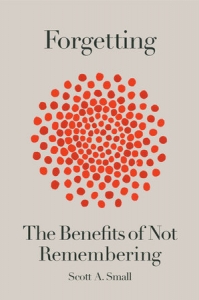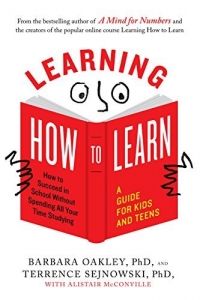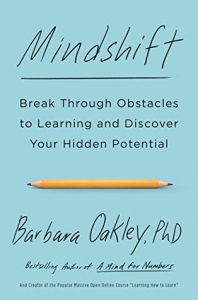On Public Communication of Science and Technology with Professor Bruce Lewenstein
From the museums of the fifteenth century, to the public lectures of Michael Faraday in the nineteenth century, and to various science fairs & festivals of the twenty-first century, public engagement of science has evolved immensely. Public engagement of science in this age of hyper connectivity is “a multidimensional and multi-directional activity”. In this episode of Bridging the Gaps I speak with professor Bruce Lewenstien, a widely-known authority on public communication of science and technology.
Bruce Lewenstein is a professor of science communication at Cornell University. He has done extensive work on how science and technology are reported to the public and how the public understands complex and sometimes contested scientific issues. He studies and documents the ways that public communication of science is fundamental to the process of producing reliable knowledge about the natural world.
We begin by discussing the “multidimensional” and “multidirectional” nature of science communication. We then focus on the evolution of science communication from the early days of science to present time. We touch upon the huge impact on the public understanding of science that few books published in the mid-twentieth century had. We discuss in detail documentaries such as “The Ascent of Man” and “Cosmos” and the emergence of the phenomenon of “celebrity scientists”. The effectiveness of science communication in the age of information overload and in the age of misinformation and disinformation is an important topic that we discuss. We then discuss the challenges faced by the process of science communication and the societal challenges that effective science communication can help us to deal with.
Complement this discussion with A Passion for Ignorance” and for Denials and Negations with Professor Renata Salecl and then listen to “Philosophy of Information” and “Ethics of Information”.




Connect With Us